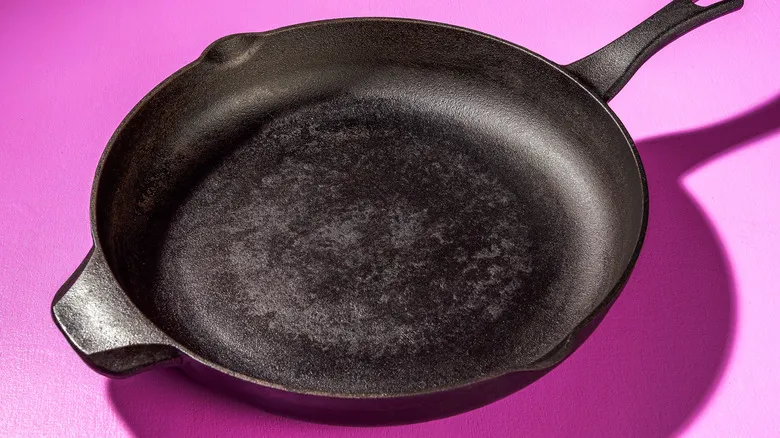Tips for cooking acidic foods in cast iron
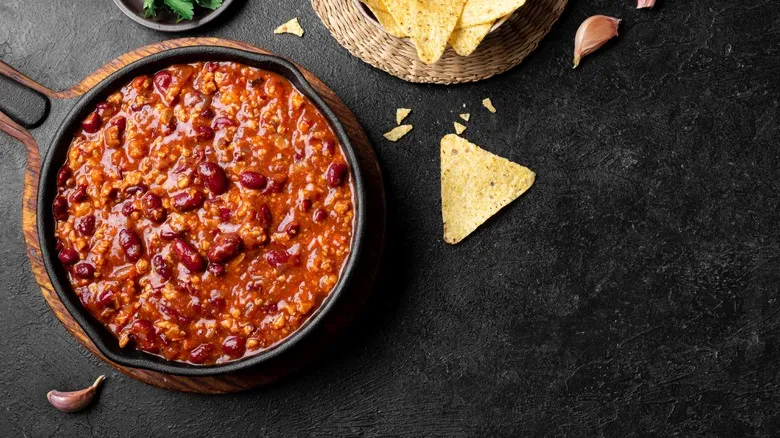
If you plan to prepare acidic dishes in a cast iron skillet, such as the popular Lodge model, there are several important considerations to keep in mind to protect the pan's patina and prevent metallic flavors in your food. First and foremost, make sure your skillet is well-seasoned, but be cautious not to over-season it, as this can lead to flaking on the surface. If you frequently use your skillet, it should have a good layer of oil built up. However, if you notice that foods like eggs are starting to stick, it’s time to re-season your pan. A solid layer of seasoning is essential when cooking acidic foods to avoid damaging the cookware.
Additionally, think about the cooking duration. A quick deglaze with wine or lemon juice is generally fine, but simmering a tomato-based soup, such as a three-bean vegetarian chili, for an extended period is not advisable. If you have a long-cooking acidic recipe, consider getting an enameled cast iron skillet, like the 10-inch model from Crock-Pot, to prevent iron from leaching into your food.
Finally, avoid leaving acidic foods in the skillet for too long. The longer the acid remains in contact with the seasoning, the more potential damage it can cause, even after cooking is complete. Once the skillet has cooled down, clean it thoroughly and apply a thin layer of oil to the surface to help maintain the seasoning.
Recommended
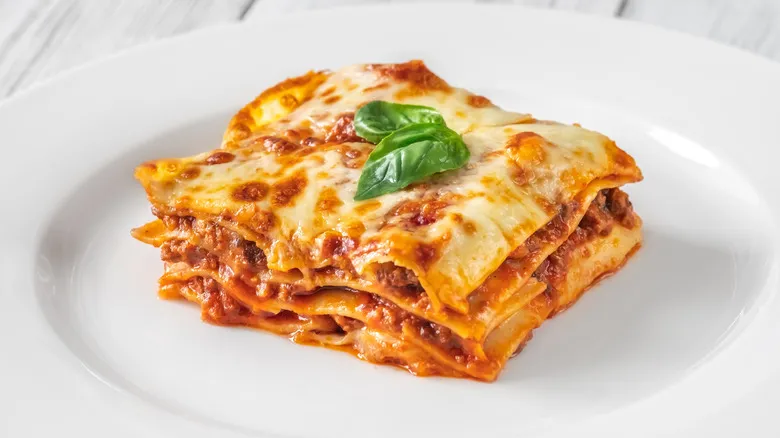
The Bundt Cake Hack To Try On Your Next Lasagna
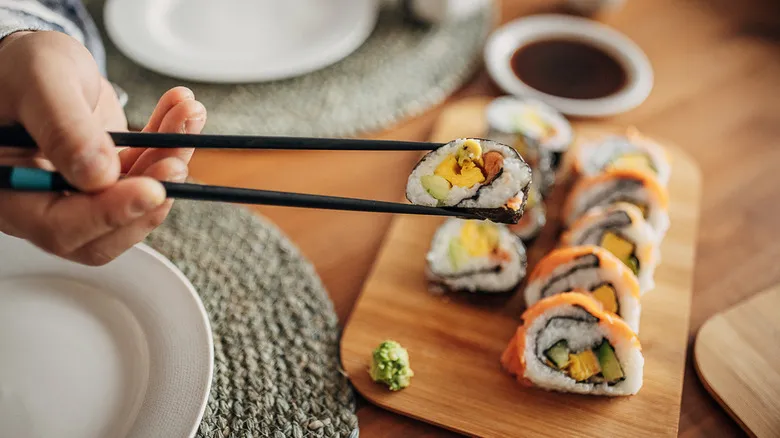
The Traditional Japanese Knife You Need For Cutting Sushi

The 2 Kitchen Items Kardea Brown Can't Live Without
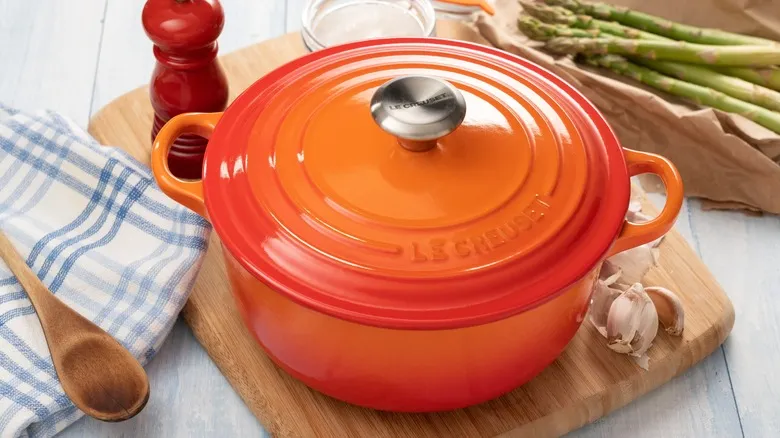
French Vs Dutch Ovens: What's The Big Difference?
Next up

